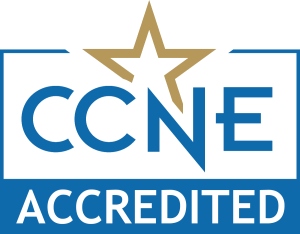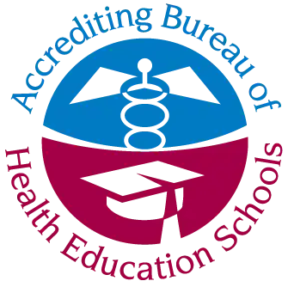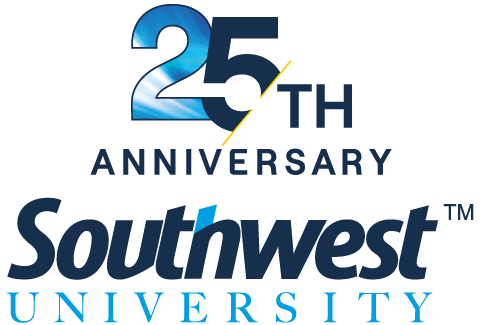Master of Science in Nursing
24-Month Program
Full distance
The Master of Science in Nursing program provides core courses in nursing theory, research, evidence-based practice, leadership, professional role development, health policy, and information systems. Graduates will be prepared to lead and promote culturally competent healthcare globally, designing interprofessional teams and integrating care services. They will translate evidence base practice into ethical and innovative practices, utilizing their clinical knowledge to restore wellness and improve team functions. Graduates will articulate issues and trends affecting nursing and healthcare delivery, critically appraise and utilize various sources of knowledge for quality outcomes, and develop collaborative relationships to improve health outcomes in diverse settings.
Quick Facts
- Healthcare data analytics for data-driven decisions
- Innovative leadership in healthcare
- Human resource management
- Community and population healthcare coordination
- Advanced health assessment
- Informatics for nursing care
- Policy and advocacy for quality in healthcare
Course Preview
1 - Advancing Professional Roles and Values
2 - Leadership and Management for Diverse Healthcare Systems
3 - Research Methodology
4 - Data Management Analytics in Healthcare
5 - Collaborative Leadership
6 - Advanced Organizational Human Resources Management
7 - Challenges in Community Health Care
8 - Population Healthcare Coordination
9 - Advanced Health Assessment I
10 - Advanced Health Assessment II
11 - Organizational Finance in Healthcare
12 - Quality Improvement in Healthcare
13 - Informatics for Transforming Nursing Care
14 - Innovative Solutions in Healthcare Leadership
15 - Policy and advocacy for quality in healthcare
16 - Nursing Capstone I
College of Nursing Handbooks

The Baccalaureate degree program in nursing at Southwest University is accredited by
the Commission on Collegiate Nursing Education, 655 K Street NW, Suite 750, Washington, DC 20001, 202-887-6791.

The Commission acted to continue the current grant of accreditation through February 28, 2029.
Please refer to this link for more information:
Click Here


